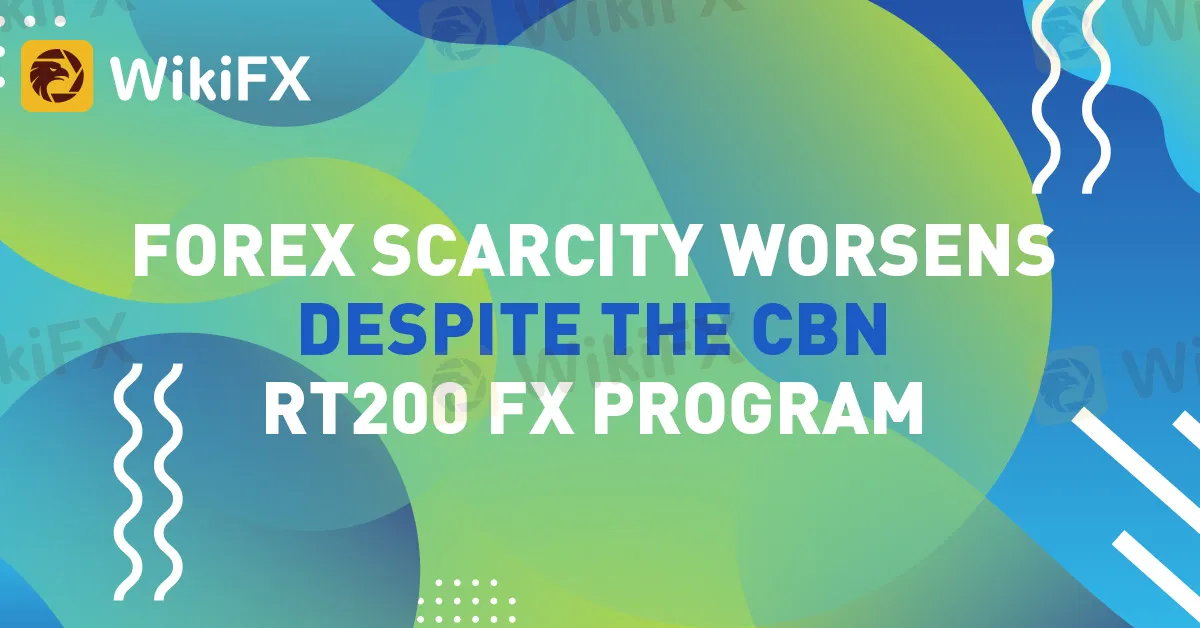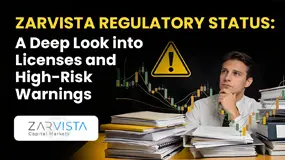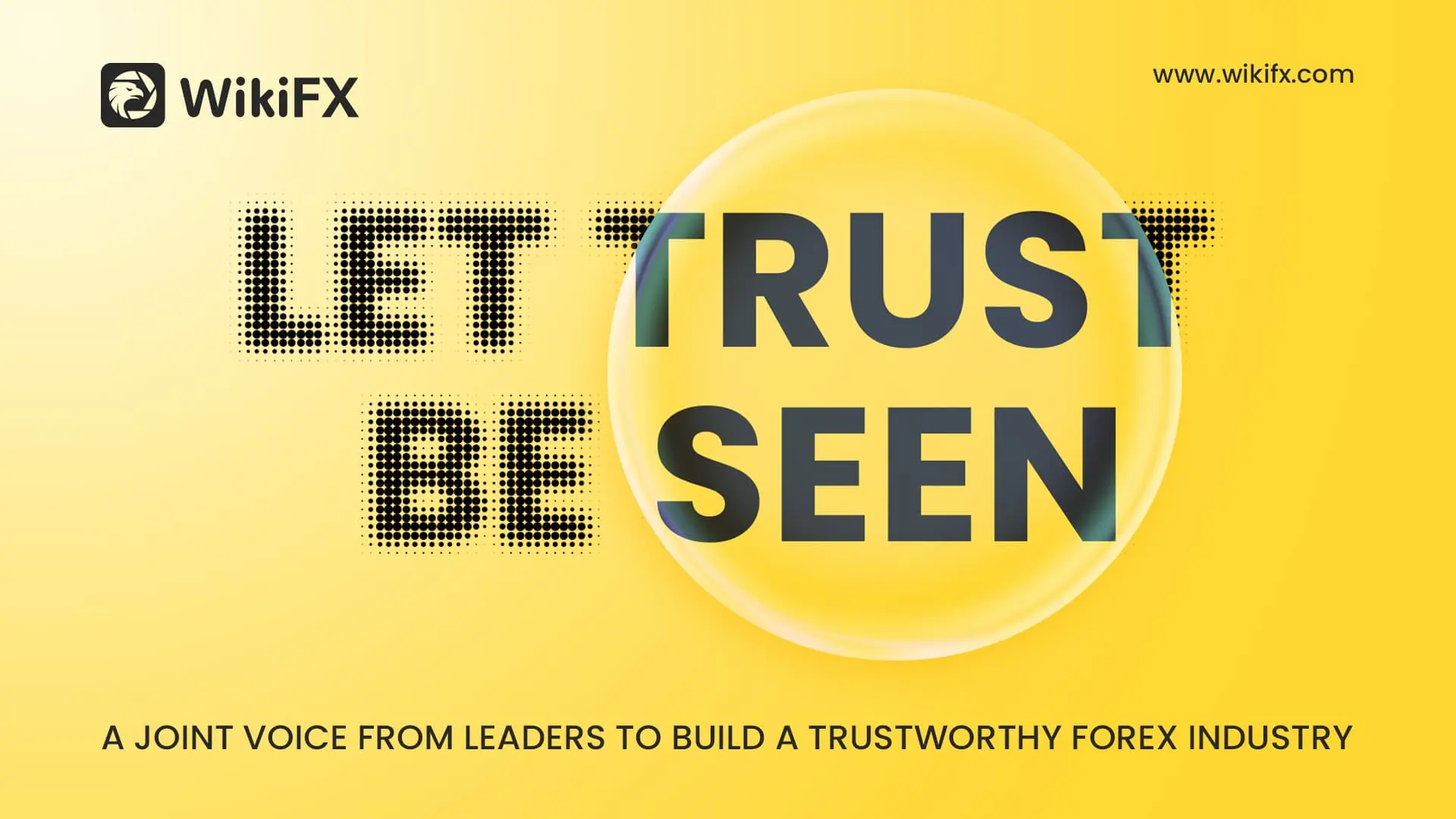Abstract:The Central Bank of Nigeria (CBN) declared over a year ago that it was developing a plan to bring in $200 billion through non-oil exports over the following three to five years.

The Central Bank of Nigeria (CBN) declared over a year ago that it was developing a plan to bring in $200 billion through non-oil exports over the following three to five years.
The goal of the RT200 FX program was to make sure exporters sold whatever money they received through the Investors and Exporters (I&E) sector of the foreign exchange (forex) market rather than the official window.
Speaking to the audience at the second RT200 Export Summit in Lagos in November 2022, CBN Governor Mr. Godwin Emefiele said that non-oil exporters had returned about $4.987 billion to the nation, up from $3.190 billion in 2021. However, he added, “Of this amount, only $1.966 billion qualified for the rebate program, and $1.559 billion was sold at the I&E window or for own use.”
He claimed that after nine months, the central bank had only achieved 3% of the RT200 FX objective.
It was noted that because many clients are unable to acquire foreign exchange, the initiative, which was intended to increase FX supply in the nation, has not been able to alleviate Nigeria's liquidity issue.
However, despite a minor increase in the prices of crude oil benchmarks on the international market, the nation's foreign reserves have kept rapidly declining.
The CBN informed this publication that there were $35.415 billion in reserves left as of Monday, April 3, 2023. This is $228 million less than the $35.643 billion as of Monday, March 27, 2023.
A shortage of supply has been noticed to make it difficult for customers who contact banks for foreign exchange to receive allocation.
Many clients have also had trouble withdrawing money from domiciliary accounts because banks won't accede to their requests. Requests for transfers to other domestic accounts are only fulfilled if the intended recipient also has a domestic account with the same bank.
Last week, I attempted to withdraw money from my domiciliary account but was informed that it was not feasible because there was no cash on hand. When I asked to have the money moved to a forex trader who uses a different bank, I was told it wouldn't be possible unless I found someone who had a domiciliary account with my bank, Mr. Kingsley Oche, a customer of one of the tier-1 banks, said this reporter.
Similar to this, domestic commercial banks have prohibited the loading of money onto cards from international payment systems like PayPal.
Prior to December 2022, most Nigerians who worked from home received their payments via PayPal and transferred their monies using prepaid and debit cards issued by Nigerian banks. But, the FX crisis in the nation has made it impossible for them to do so.
Goke Akinsanya, who said that this circumstance has left him with little money to spend, told this newspaper, I am already frustrated by this FX issue in the country.
Also, due to the shortage of foreign currency, those who receive money from International Money Transfer Operators (IMTOs) like Western Union have experienced some difficulty accessing their funds over-the-counter in Nigeria.
But there are hints that when the new administration assumes control of the economy next month, things might get better.










